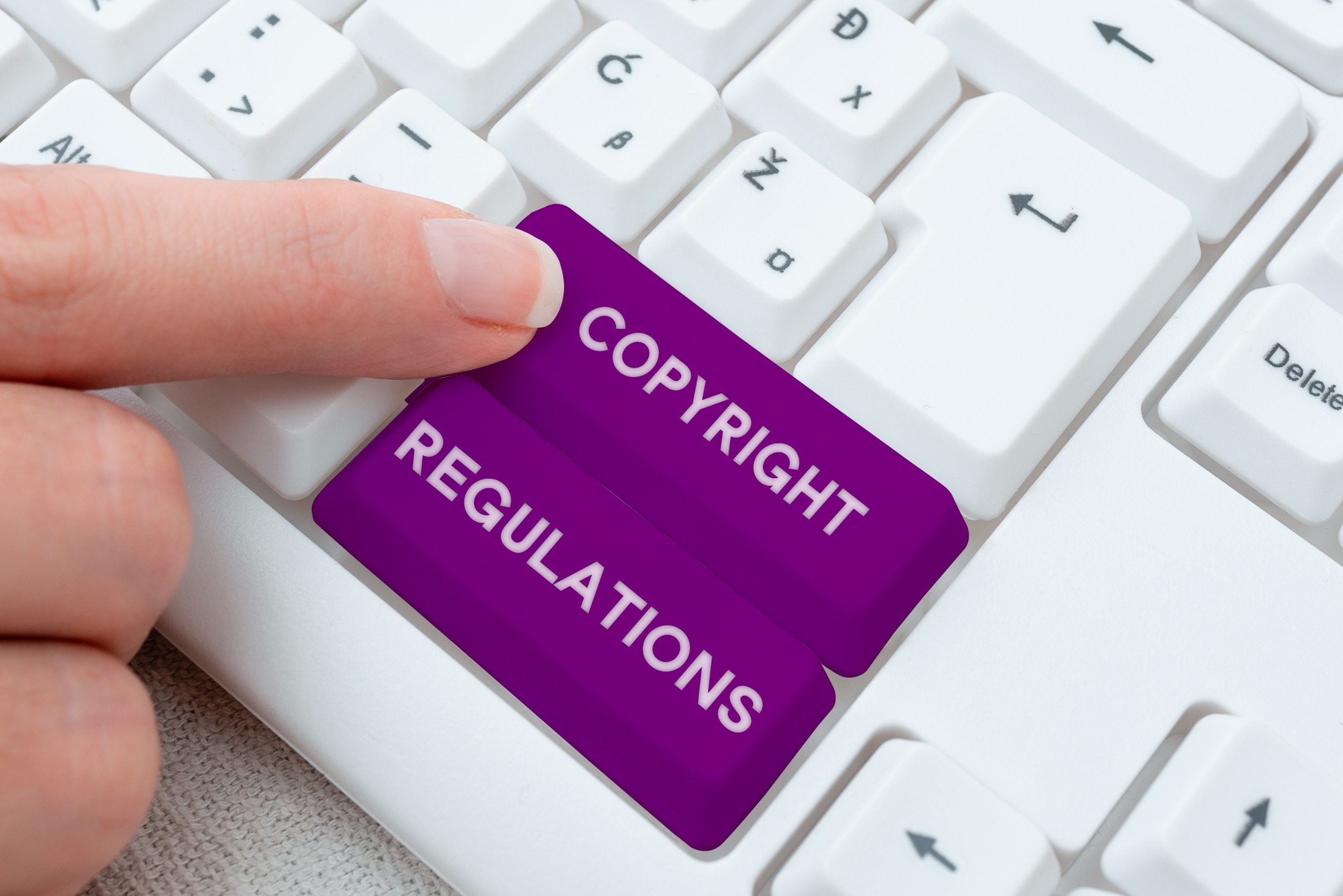The landscape of copyright law has undergone a significant shift regarding the time limit on monetary recovery for copyright damages. Currently, there is no strict time limit on recovering financial compensation for copyright infringement, provided that the copyright owner files a claim within three years of discovering the infringement or from when the damage accrued. This change stems from a recent Supreme Court’s decision that clarified and expanded the scope for recovering copyright damages, significantly benefiting copyright holders.
What is “Warner Chappell Music v. Nealy”?
The case that set this precedent is “Warner Chappell Music v. Nealy.” This legal battle began when Sherman Nealy, owner of Music Specialist Inc., sued Warner Chappell Music Inc., Artist Publishing Group LLC, and Atlantic Recording Corporation. Nealy’s claim centered on the song “Jam the Box” by Pretty Tony, which he argued was infringed upon by Flo Rida in his 2008 single “In the Ayer.” Nealy contended that Warner Chappell and its associates had obtained invalid licenses for his music, thereby infringing on his copyright.
Warner Chappell’s defense hinged on a traditional interpretation of the Copyright Act (17 U. S. C. §507(b)), which stipulates a three-year statute of limitations for filing infringement actions. They argued that Nealy had only three years from the date of the alleged infringement to file his lawsuit. However, Nealy countered this argument by invoking the “discovery rule,” which posits that the three-year period should begin only when the copyright owner discovers the infringement, not when the infringement itself occurs.
Injury Rule vs. Discovery Rule
This case presented a crucial question: Should the three-year statute of limitations begin from the date of the infringement (the “injury rule”) or from the date the infringement was discovered (the “discovery rule”)? Unfortunately, the Supreme Court did not definitively rule on this specific issue, leaving lower courts to continue applying either rule based on their respective appellate circuit precedents.
Despite this ambiguity, the Supreme Court’s ruling made a significant impact. It determined that as long as a copyright owner files their lawsuit within three years of discovering the infringement, they can seek damages for the entire period of infringement, no matter how far back it goes. This means that if a copyright holder files a timely claim, they are entitled to recover damages for infringements that occurred more than three years before the lawsuit was filed.
How can this impact copyright owners?
The implications of this ruling are substantial. It represents a considerable victory for copyright owners, particularly individuals and small entities who may not have the resources to monitor and discover infringements promptly. This decision opens the door for potential lawsuits that could reach back many years, potentially resulting in significant financial recoveries for long-standing infringements.
In practical terms, this ruling means that copyright owners who diligently monitor their works and file claims promptly can now seek extensive damages. This newfound ability to claim for long-past infringements could lead to a surge in copyright infringement lawsuits. Copyright holders who were previously dissuaded by the statute of limitations may now find renewed incentive to pursue legal action.
Furthermore, this ruling emphasizes the importance of vigilance for copyright owners. Regularly monitoring the use of their works can help ensure that any potential infringements are discovered in a timely manner, allowing for the possibility of recovering damages. Copyright owners should also consider maintaining thorough records of their works and any licenses granted to third parties to support their claims in potential lawsuits.
Have questions about your copyright? Or believe someone is infringing your works? Feel free to reach out for a consultation. Understanding the nuances of copyright law and the implications of this Supreme Court ruling can help protect rights and potentially recover significant damages for past infringements.
**Information provided for educational purposes, not legal advice.**








